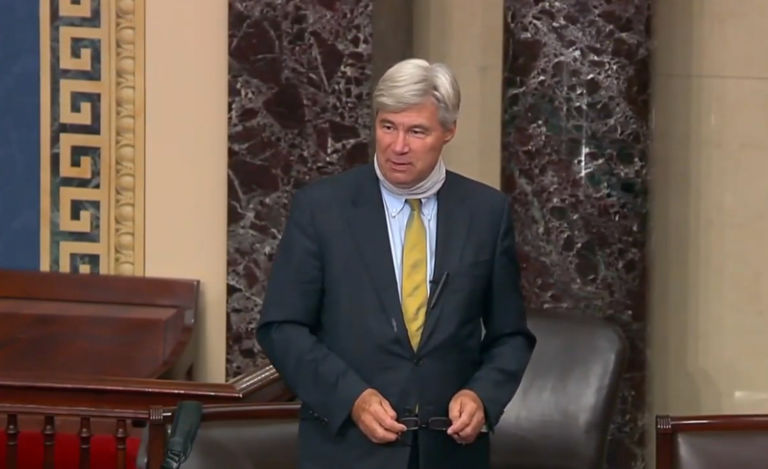Professor Don Boudreaux responds to a column by University of Maryland professor Peter Morici. Morici claimed that Hurricane Sandy would have stimulative effects. To that, Boudreaux replies:
Editor, Philadelphia Inquirer
Dear Editor:
Peter Morici argues that hurricane Sandy might prove to be an economic boon (“Disaster has economic benefits, too,” Oct. 30). There’s nothing surprising in Prof. Morici’s argument that the spending necessary to repair damaged buildings and other assets can help the economy. Predictions of economy-wide wealth springing from devastation are issued after EVERY natural disaster. These predictions are examples of what the English jurist A.V. Dicey called “the idle contentions of paradox-mongers”* – predictions that are just clever enough to strike economically uninformed people as being profoundly insightful.
But what appears to many to be insightful is, in fact, fallacious.
If Prof. Morici is correct, then surely he also applauds, say, the economic consequences of drunk driving. As with hurricanes and earthquakes, he can bemoan the loss of life caused by drunk driving and then get on with explaining how, paradoxically, the economy benefits from drunk driving. After all, drunk driving creates unnecessarily large numbers of destroyed automobiles to replace, damaged automobiles to repair, dead victims to bury, and injured victims to be cared for by first-responders, doctors, nurses, physical therapists, and hospital administrators and clerks.
If you sense – as you should – that the economy in fact does not benefit from drunk driving, then you should reject Prof. Morici’s argument that the economy benefits from natural disasters.
Sincerely,
Donald J. Boudreaux
Professor of Economics
George Mason University


